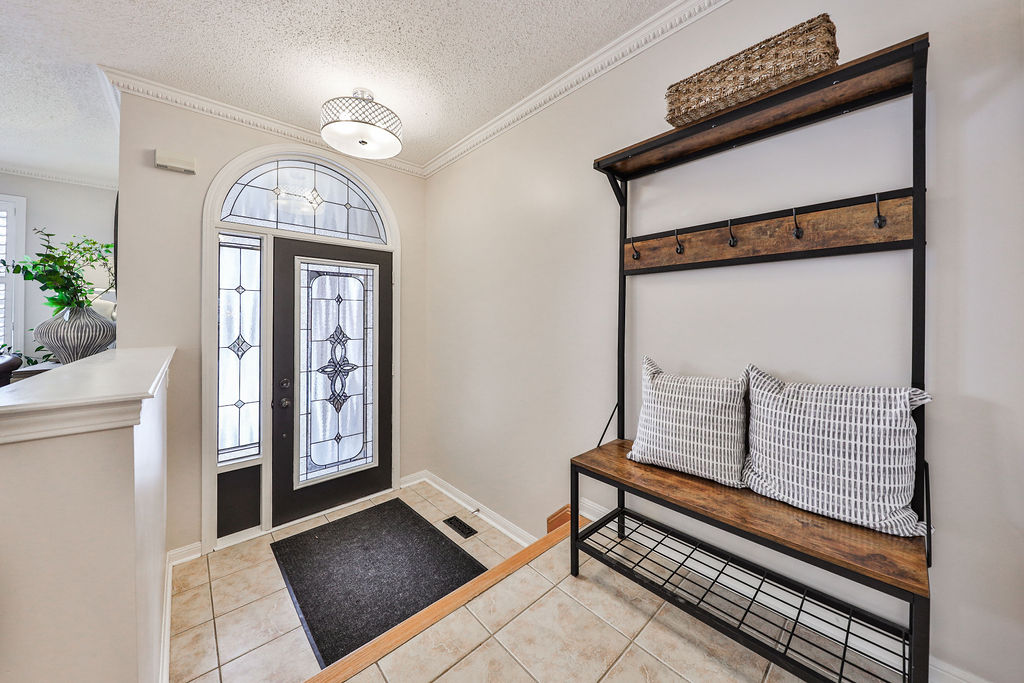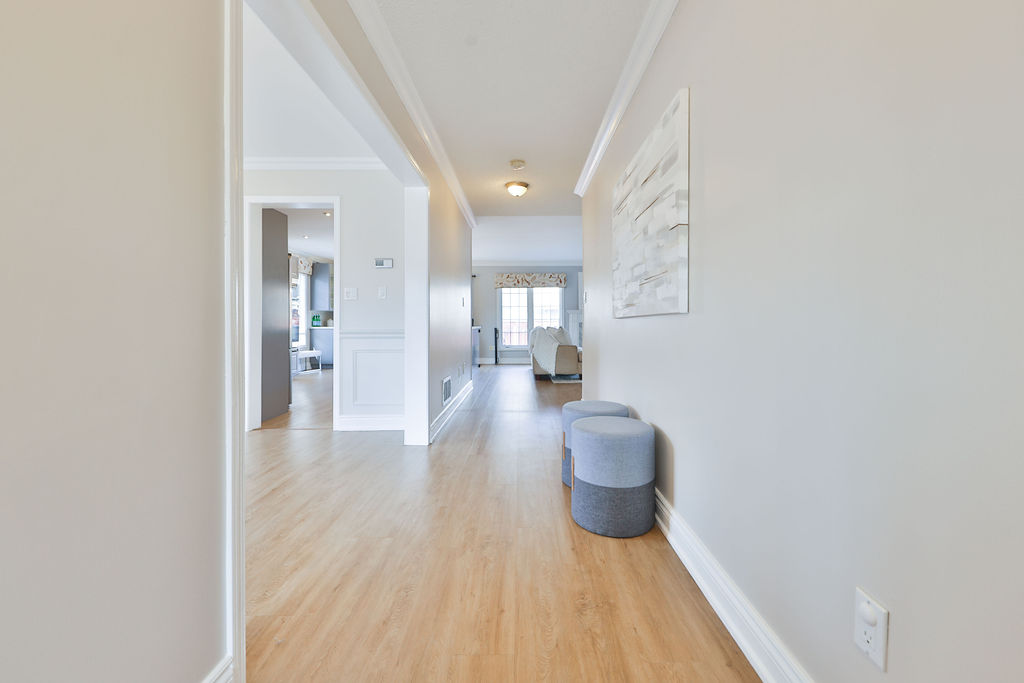Multi-generational homes are residences that house multiple generations of a family, including grandparents, parents, and children, under one roof. These homes provide a practical solution to the changing demographics of Canadian society, economic pressures, and social and cultural factors.
Multi-generational homes are becoming more popular in Canada as families seek to live together to save on expenses, provide care for aging parents, and strengthen family bonds. With rising housing costs and changing demographics, multi-generational living is a viable option for families in Canada.
What’s Behind the Popularity of Multi-Generational Homes
There are several reasons for the growing popularity of multi-generational homes in Canada:
Economic Benefits – By living together, family members can share expenses such as mortgage payments, utilities, and groceries, which can help to reduce the financial burden on each individual. With rising housing costs in many Canadian cities, multi-generational living can also make home ownership more affordable for families.
Changing Demographics – Canada’s population is aging, and seniors are living longer. Many seniors prefer to age in place, and multi-generational homes provide a practical solution for families to care for their aging parents. At the same time, young adults are facing challenges entering the housing market, and multi-generational homes offer a viable option for them to live independently while staying close to their families.
Social and Cultural Factors – Living together with extended family members is a norm in many cultures, and multi-generational homes allow families to maintain their cultural traditions while living in Canada.
Advantages of Multi-Generational Homes
Multi-generational homes provide opportunities for support and care for all family members. Here are some of the advantages of multi-generational homes:
Family Support – By living together, family members can provide emotional and practical support to each other, which is essential for maintaining strong family relationships. Children can develop closer relationships with their grandparents, and seniors can benefit from the companionship of their grandchildren. Additionally, living together can help to strengthen cultural traditions and family values.
Sharing of Expenses and Responsibilities – By living together, family members can share the cost of mortgage payments, utilities, and groceries, which can help to reduce the financial burden on each individual. Additionally, sharing responsibilities such as household chores and childcare can help to reduce stress and workload for each family member.
Enhanced Care for Children, Seniors, and Disabled Individuals – By living together, family members can provide care and support to each other. For example, grandparents can help to care for young children, while adult children can care for aging parents. This can help to reduce the need for external caregivers and provide better quality care for family members.
Design Considerations for Multi-Generational Homes
A multi-generational home can be comfortable for all family members with the right home and layout. A few design considerations can help ensure each family member has a cozy yet functional living space.
The layout and space allocation of multi-generational homes should be designed to accommodate the unique needs of each family member. For example, separate living spaces should be provided for each family member to ensure everyone has personal space and privacy. Additionally, common areas should be designed to encourage social interaction and bonding between family members. The layout should also include easy accessibility to all parts of the home to accommodate the needs of elderly family members.
Accessibility and safety features should be significant considerations in designing multi-generational homes, especially when seniors or disabled individuals live there. Homes should be designed to accommodate the needs of family members with disabilities or mobility issues. This may include installing ramps, wider doorways, and bathroom grab bars. Safety features such as smoke detectors, fire extinguishers, and adequate lighting should be installed throughout the home to ensure the safety of all family members.
Privacy and personal space considerations are crucial in designing multi-generational homes. Family members should have separate living spaces, including bedrooms and bathrooms. Additionally, common areas should be designed to ensure family members can socialize without compromising privacy.
As the population ages and housing costs rise in Canada, multi-generational living is becoming an increasingly popular housing option for families. With the right adjustments, a multi-generational home can be a convenient living arrangement for all family members. Contact the Barnett Real Estate Team to help you find the perfect multi-generational home for your extended family.















